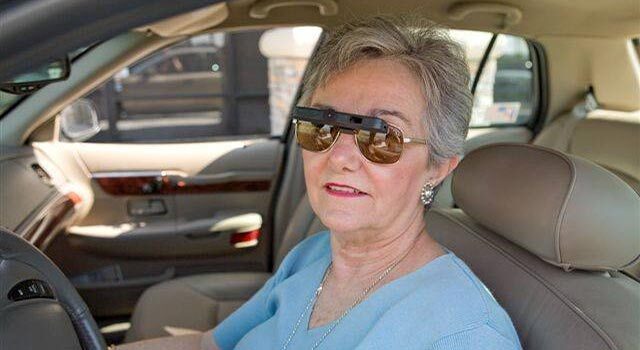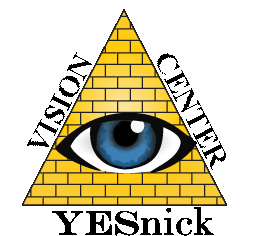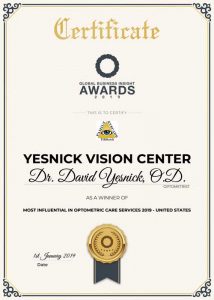
What is low vision?
The answer is low vision isn't something that we can fix with surgical procedures, with contact lenses, or with conventional glasses. Low vision is not something that means blindness. It just means reduced vision that we can fix with other means, such as magnifiers, telescopes, microscopes, and many other accessibilities and accommodations. These can be very helpful to keep people independent and safe and living again.
What is low vision therapy?
Low Vision therapy is basically a program that the patient and I put together to determine how to go about helping or assisting someone achieve goals of reading, seeing at a distance, seeing an intermediate such as using their computer, seeing to perform activities of daily living, such as meal preparations. These are visits that take place in the clinic or in the patient's home. Oftentimes at both locations. We use a variety of ways to get people to be independent, safe, and accomplish the goals that they have mentioned at the initial evaluation.
Can patients have stronger glasses to see better when they have macular degeneration or glaucoma or diabetes in the eyes or any other low vision condition?
We can make glasses that are stronger for reading. We have reading magnifiers that are designed to look like glasses are very helpful to the majority of our patients. They come in a variety of magnification powers, and I teach everybody how to use them.
Patients often want to know if there's the ability to test out magnifiers before they purchase them?
I often encourage them to come in for a free consultation and test drive magnification aids that oftentimes are so-so new that no one knows they exist! These are things like the new E-sight, Vision Buddy, Iris Vision, OrCam, there are so many different magnifiers types and different low vision aids. There are the wearable technology, the handheld magnifiers, the desktop magnifiers, computer magnifiers, glasses magnifiers; there are so many of them that I encourage patients to come in and test drive them during a free consult.
Home Visits for Low Vision
I want patients to know that I can come to their homes to do adaptations that will help them continue to cook, to clean, to do laundry, and to perform mobility functions that will keep them safe and independent. What I do is covered by most insurances and certainly by Medicare and Medicaid. Home visits are part of the low vision therapy program. I love to be able to keep patients independent and safe during home visits.
Patients often ask,
Can I drive again if I have macular degeneration?
The answer is yes! The possibility is pretty likely. The doctor would need to examine the eyes first and as long as they fall within the DMV requirements, we can help. Oftentimes with the use of bioptic telescopes, a drive training drive assessment, and making sure that all DMV requirements are followed. We can help patients continue to drive despite their vision changes due to macular degeneration.
If you or a loved one has low vision or may be a low vision candidate, we welcome you to contact our office today to schedule a low vision consultation.
Q: Can you request lenses made from glass? Is glass still used for lenses?
- A: Yes. Opticians still sometimes use glass for lenses. However, glass is not used very often because they aren’t as safe. If these glass lenses breaks, they can shatters into many pieces and can injure the eye. Glass lenses are much heavier than plastic lenses, so they can make your eyeglasses less comfortable to wear.
Q: Can a coating be added to eyeglasses to protect them from further scratches?
- A: A protective coating can’t be added to a lens after it’s scratched. The coating is applied when the lens is manufactured and can’t be put on later.
Quality Frames For Prescription Eyeglasses & Computer Glasses In Las Vegas, Nevada. Visit YESnick Vision Cente for an eye exam and eyeglasses that match your style.


